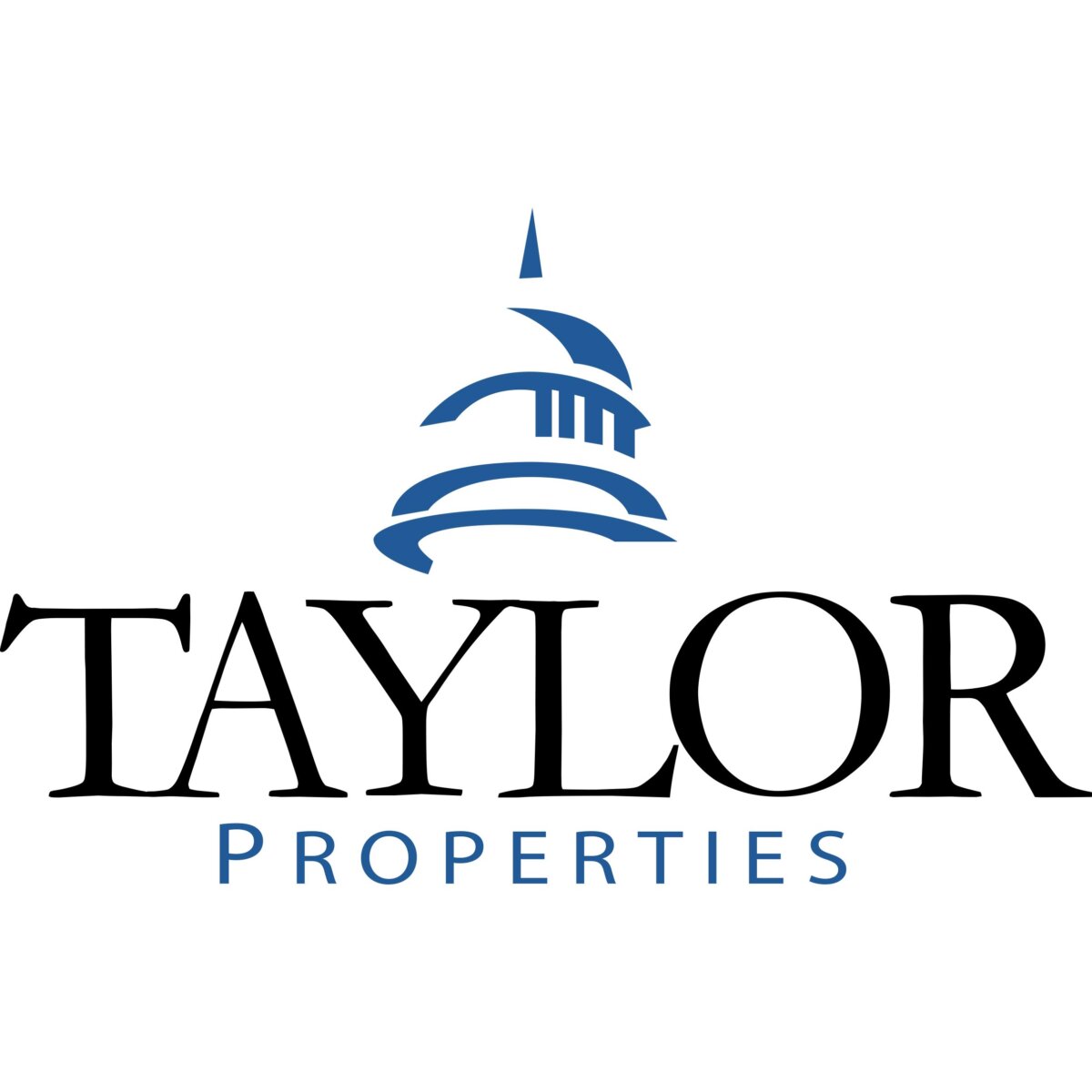
Trying to get a mortgage as a freelancer comes with its own set of challenges. Being a freelancer is a tough enough row to hoe (chiefly because of the many hats you have to wear) without the added burden of trying to convince a lending institution to give you a loan for a house. It’s certainly not impossible to get a mortgage as a freelancer. You just have to understand the process, have the necessary documentation, and be prepared to jump through the hoops. So here are some vital tips on how to get a mortgage as a freelancer in Harford County.
The Tallest Hurdle
There is one fairly tall hurdle you’ll have to overcome to get a mortgage as a freelancer in Harford County. And that is the difficulty posed by not having proof of a stable, regular income and steady employment, as you would with a job. The simple fact is . . . lenders are hesitant to extend mortgages to those who are self-employed because they see them as greater risks.
Necessary Documents
In order to overcome this greater-risk hurdle, then, you’ll need plenty of documents so show that, although your income fluctuates as a freelancer, you aren’t a risk after all. So, instead of W2 forms to verify income, here’s what you’ll need:
- Previous two years’ tax returns (at a minimum), including Schedule C tax form and Schedule K-1 (for partnership or S Corp)
- Bank statements, usually for at least the past six months
- Year-to-date profit/loss statements
- Business license from the past two years (but only for certain kinds of freelancers)
- Verification of employment from your CPA (often, but not always)
- Verification letters from clients proving that you actually worked for themselves
Steps to Get a Mortgage in Harford County
Then there is a fairly well-established process you’ll need to follow to get that mortgage. The major steps in this process are . . .
PREPARE WELL IN ADVANCE
All your necessary tax documents must be in order and absolutely must be accurate. Then have all the other essential business documents (listed above) organized and ready to turn over to the lender. Your goal is to show that your freelancing business is legitimate, profitable, and sustainable and so little risk to the lender.
SEPARATE PERSONAL AND BUSINESS EXPENSES
Make sure you have separate bank accounts – one for personal matters and one for business expenses. This will make it easier for the lender to track business expenditures and deposits in order to assess the profitability of your business.
EMPHASIZE YEAR-OVER-YEAR INCREASES
Do everything you can to illustrate the fact that your freelancing business makes increasingly more money from year to year. Proving business growth will increase your odds of getting that mortgage.
HAVE A GOOD DOWN PAYMENT
Experts agree that coming to the table with a sizable down payment will show that you are much less of a risk as a borrower.
FORFEIT SOME TAX DEDUCTIONS
Tax and real estate experts also advise giving up some tax deductions in order to make your taxable income appear greater, which may allow you to qualify for a larger loan.
GET LOAN APPROVAL BEFORE SHOPPING
Because it’s a little more difficult to get a mortgage as a freelancer, it’s a very good idea to get loan approval before even thinking about house hunting. Then, when you do get an agent and begin actively shopping, you’ll know exactly what you can afford and that you can actually get the financing.
The Most Important Tip for Freelancers to Get a Mortgage in Harford County
Now, we understand that all this can seem a little daunting to an already busy freelancer just to get a mortgage in Harford County. But you can get expert help to ease the burden and provide guidance for navigating through the whole process.

